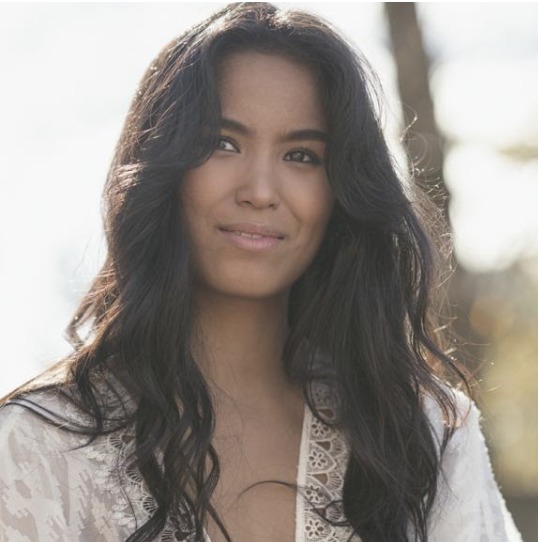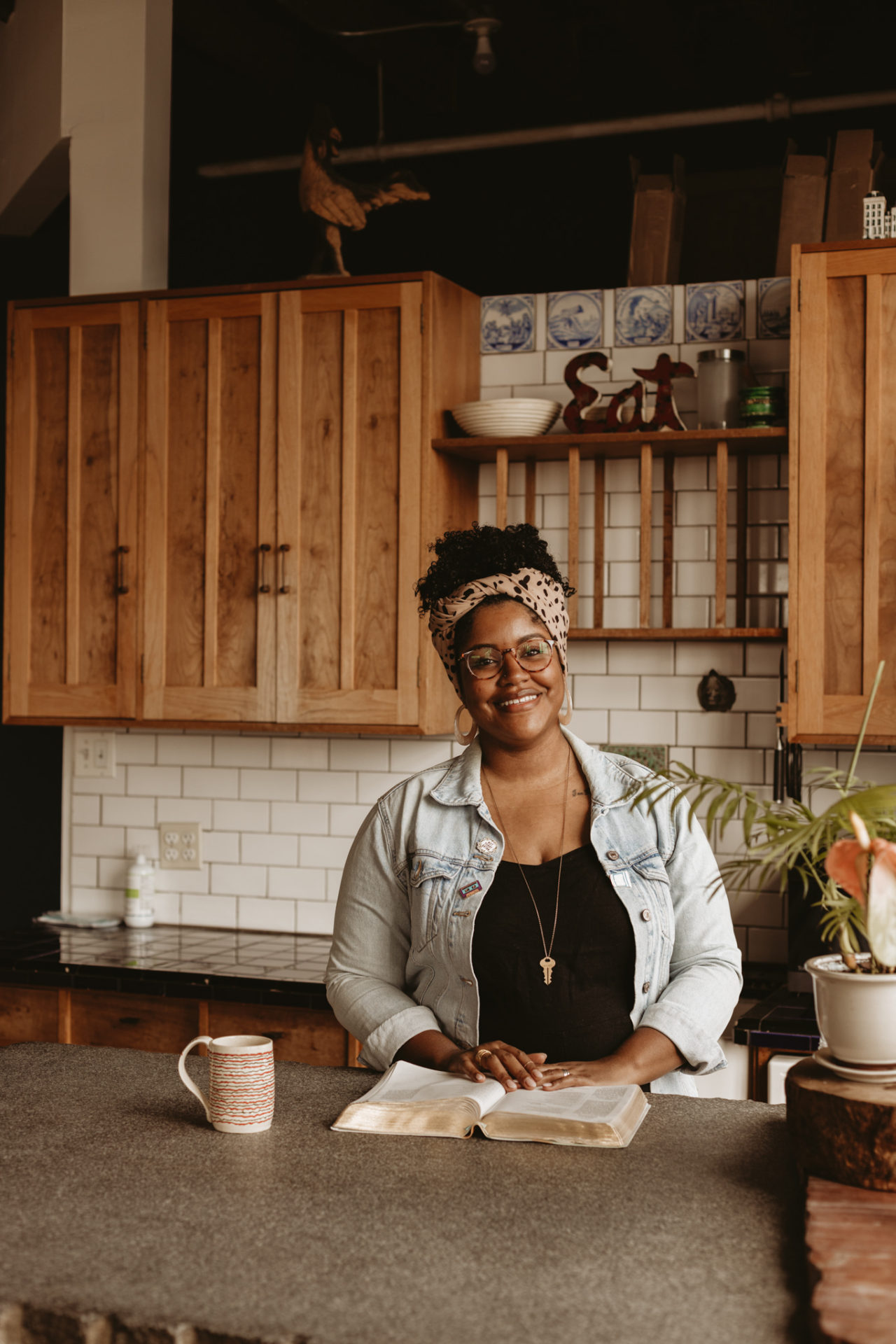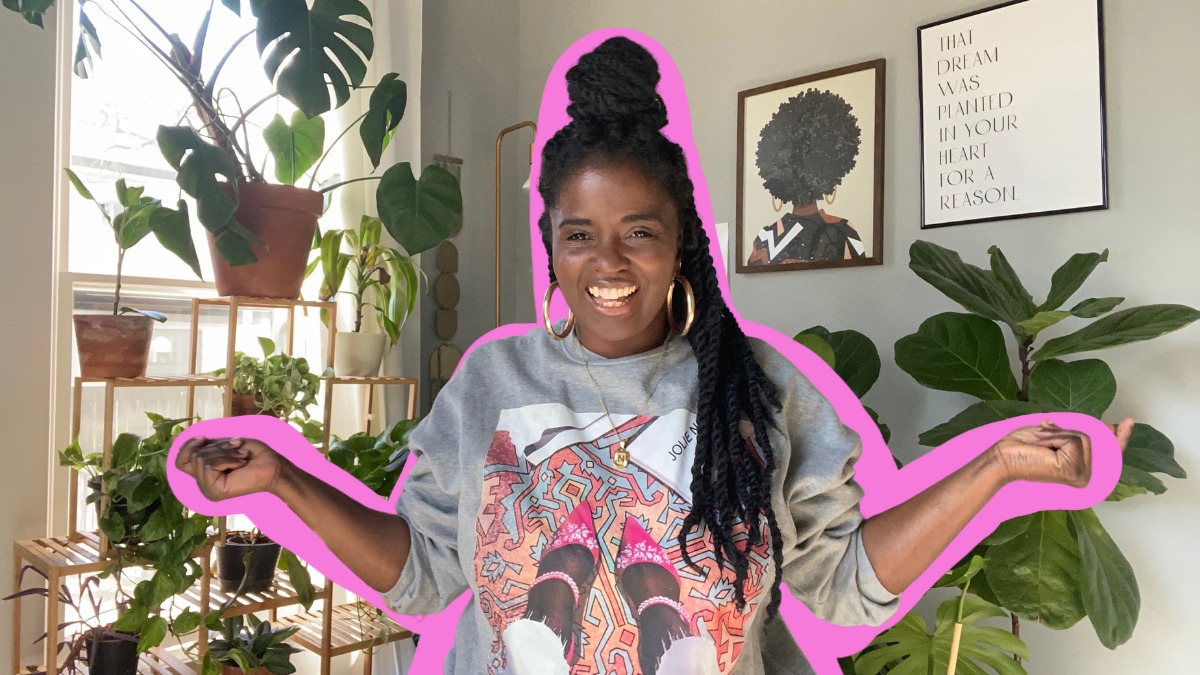Maintaining Your Mental Health While Navigating Social Media

Written by Danielle Lyn
On October 5, 2020, Facebook Whistleblower Frances Haugen testified before the U.S. Congress at a Senate subcommittee hearing in Washington, D.C. Haugen, a former Facebook data engineer and project manager, exposed the social media giant’s internal research findings. From data collected by the company identifying the harm caused by the Facebook-owned app Instagram to algorithms that control your news feed to alarming statistics exposing Instagram’s toxic effects on teenaged girls mental health to misinformation and lack of regulation, Haugen’s testimony scrutinized the company’s practices and stated that Facebook prioritizes “profit over safety.” (To date, a second whistleblower and former Facebook data scientist, Sophie Zhang has also provided internal documents and stated she is willing to testify before Congress.)
According to Data Reportal there are “4.48 billion social media users around the world (as of July 2021), equating to almost 57 percent of the total global population.” Simply put, over half of the world’s population regularly engages in social media. Coupled with social conditioning and instant gratification, social media has been optimized to induce chemical reactions as your brain responds with dopamine to notifications and engaging content. Furthermore, the social media experience has been designed by data engineers to keep users engaged with the good, bad, and everything in between. Reality check: our brains are wired to respond to social media.


As a millennial who grew up in the era of tech and social networking, I am regularly conflicted by the pressures of maintaining an online “presence.” Flashback to my childhood days of the 90’s—the sound of dial-up internet, AIM and ICQ chats, AOL and Hotmail e-mail accounts. My first intro to social media came in 2004 when MySpace dominated, and by 2005 the company had established itself as the largest social networking website at that time.
The reign of MySpace was short lived, however, succumbing in 2008 to the “new kid on the block” and the now monopoly social networking site Facebook. When Apple launched its first ever iPhone in 2007 it ushered in the dawn of social media as apps put it directly in the hands of users around the world.
In the 17 years since society has normalized all things social media: Facebook, Instagram, YouTube, SnapChat, Twitter, TikTok. The terms “viral,” “influencer,” “followers,” “engagement,” “likes,” “views,” “feed,” “grid,” “trending,” and “hashtag” are spoken without a thought. “Verified” (aka, the blue check badge) has evolved to a status symbol for users deemed “public figures, celebrities, or brands” worthy of “authentication.” Nearly two decades into a co-dependent relationship with tech and social networking, humans are addicted to social media. The obsession with screens and handheld devices has given social media companies the power to define “influence” and “relevancy” and to affect mental health.
It bears repeating that what we see on social media is curated versions of others’ lives. The projecting of one’s most filtered self does little to promote authentic living. Take for example the tragic case of Gabby Pettito—the upkeep of her social media “influencer” status, her curated grid, filtered moments and trending hashtags hid the cruel realities of her life and ultimately her death. As a mental health advocate committed to detaching self-worth and identity from work, my concern for this generation and the next is the influence that social media platforms have on mental health.
For me, engaging in social media has greatly affected my own mental health through the years. My sole social media account, Instagram, has repeatedly been the source of the toxic “compare and despair.” I’ve learned that I need to mute, take breaks, and regularly sign off.
Here are my survival tips for navigating social media:
- Tech detox is self-care!
- Practice self love—look in the mirror and accept your unfiltered self as you are, not thru the lens of social media filters. You are enough just as you are.
- Taking regular breaks from your social media feed is easier than you’d think. When you are feeling overwhelmed from scrolling, which can lead to negative thinking about where you are in your own life, take your power back!
- How? Sign off and delete those apps from your home screen. Nothing is forever, so temporarily removing those apps from your direct view is a good practice. Set boundaries. Make space and establish a routine not centered on notifications, followers, or likes and allow time for you to check in with yourself.
- Give yourself less screen time and put your phone away. I challenge you to charge your device to 100% then see how long you can go on that single charge by not scrolling and engaging on your phone.
- Tap mute and unfollow. If and when you rejoin the platforms, take the time to configure your settings. Mute and unfollow any accounts that trigger negative thinking or unhealthy responses.
- Turn off notifications. Sit in the quiet. Learn to be free of the anxiety of that next like, buzz, and ping.
- Write, read, or create instead of scrolling. Ask yourself, how often do you reach for your phone? How often do you tap and launch your social media apps? How often do you pull down to refresh your feed? Now take that time and ask yourself, what could you do constructively with that time? Read a chapter or two of that book on your must-read list. Write how you feel in your journal. Take a walk outside and look up at the sky. Be more aware and observant of what is around you. There’s a whole world out there to see.
It’s taken life’s unfiltered moments (that wouldn’t be deemed worthy of sharing on ‘The Gram’) to really face my inner unfiltered self and do the work necessary to be a happy, whole human. When my bio displays ‘infrequent user of social media’ (as it often does) it’s me indicating that I’m offline for a period of time. Though I’m not a huge fan of social media, I get why we use it. We’re all pressured to engage in it, but I’ve learned from my time away the importance of engaging life without it. To the creatives, activists, companies, and organizations that utilize social media not to sell or promote products but instead to advocate for causes, educate, share opportunities, and practice inclusivity, thank you for helping foster a healthier, safer space. Maybe more of us will practice being “infrequent users of social media,” but my guess is that movement won’t be trending on any of our feed’s algorithms anytime soon.
Related Resources
What I’ve Learned as a Therapist (Part 3): Do the Thing
If left to my own devices, I would live entirely in my head. I would imagine my life without ever having to risk the feeling of failure or embarrassment. I could create a whole world of dreams and goals that I’m passionate about within the confines of my imagination....
What I’ve Learned as a Therapist (Part 2): Knowledge Doesn’t Keep You From the Human Experience
“I should’ve known better,” is a phrase I’ve heard many times and said myself. It’s a statement made in frustration and often in pain about how something has impacted us, or a decision we’ve made that we wish could be different. “I can’t believe that impacted me so...
What I’ve Learned as a Therapist (Part 1): The Power and Problem of Simple Truths
There is great power in simplicity, or insight that’s distilled to its essence. I think about this a lot as a therapist because I find myself giving annoyingly simple recommendations to clients at times. However, oversimplification—paring something deeply complex...
